Native Advertising
What is Native Advertising?
Native advertising is a form of paid content that matches the form and function of the platform it appears on. Unlike traditional display ads, native ads blend seamlessly with the surrounding content, making them less intrusive and more engaging. Native advertising can include sponsored articles, promoted social media posts, recommended content, and in-feed ads that align with the user experience of the platform.
Why is Native Advertising Important?
Native advertising is important because it provides a more natural and less disruptive way to reach and engage audiences. By blending in with the platform's content, native ads are more likely to be noticed and interacted with by users. This can lead to higher engagement rates, better user experience, and increased brand awareness.
Native advertising also leverages the credibility and trust of the platform it appears on. When done effectively, native ads can provide valuable and relevant content to the audience, enhancing the brand's reputation and building trust. Additionally, native advertising can bypass ad blockers, ensuring that the content reaches the intended audience.
Best Practices for Native Advertising
1. Match the Platform’s Style
Ensure that your native ads match the style, tone, and format of the platform they appear on. This includes using similar fonts, colors, and design elements. Matching the platform's style makes the ad blend seamlessly with the content.
2. Provide Value
Focus on creating native ads that provide value to the audience. This can include informative articles, helpful tips, entertaining content, or solutions to common problems. Valuable content enhances engagement and builds trust with the audience.
3. Be Transparent
Clearly disclose that the content is sponsored or paid for. Use labels such as "Sponsored," "Promoted," or "Ad" to indicate that the content is an advertisement. Transparency builds trust and ensures compliance with advertising regulations.
4. Use High-Quality Content
Invest in high-quality content that is well-written, visually appealing, and relevant to the audience. High-quality content enhances the effectiveness of native ads and improves user engagement.
5. Target the Right Audience
Use targeting options to reach the right audience for your native ads. This can include demographic targeting, interest-based targeting, and behavioral targeting. Reaching the right audience increases the relevance and impact of the ads.
6. Optimize for Mobile
Ensure that your native ads are optimized for mobile devices. Use responsive design and mobile-friendly formats to provide a seamless experience for mobile users. Mobile optimization is crucial, as a significant portion of native ad traffic comes from mobile devices.
7. Test and Iterate
Continuously test different versions of your native ads to determine what works best. Use A/B testing to compare headlines, visuals, and content variations. Iterative testing helps optimize performance and improve results.
8. Monitor Performance
Use analytics tools to monitor the performance of your native advertising campaigns. Track key metrics such as impressions, clicks, engagement, and conversions. Analyzing performance data provides insights for optimization and improvement.
9. Align with Brand Goals
Ensure that your native advertising aligns with your overall brand goals and messaging. Consistent branding reinforces your brand identity and strengthens the connection with your audience.
10. Follow Platform Guidelines
Adhere to the guidelines and best practices of the platform you are advertising on. Each platform has specific rules and recommendations for native ads. Following these guidelines ensures that your ads are effective and compliant.
By following these best practices, you can create effective native advertising campaigns that seamlessly
integrate with the platform, engage the audience, and achieve your marketing goals.
For more terms, return to the content marketing glossary and freelance writing glossary.

